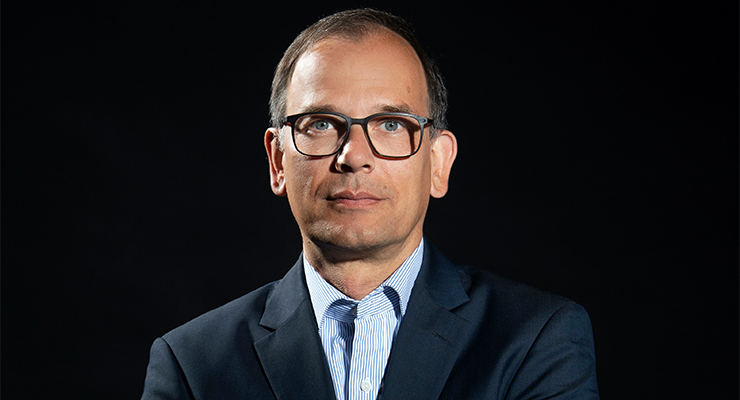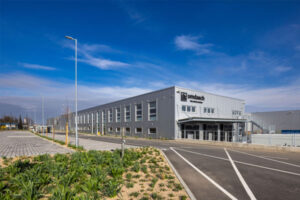In retail (and real estate), the goal will always remain the same: If you fulfill the demands and desires of your customers/shoppers with your offers and services, you will generate high sales figures with good margins (to make a really long and complex story short). Put the customer at the center of your activities and never lose sight of them.
When customers are satisfied with the retailers’ offers and services, those retailers can then use the revenue generated to pay reasonable rents as tenants (to cover some of their other costs as well), to invest in customer retention, and to make a profit. With the rental income generated, landlords can also cover their costs (interest, mortgages, etc.) and reinvest in their properties in order to ensure they remain attractive and competitive.
As a result, shoppers are attracted from two sides (retailer and landlord) to revisit the site and store and are likely to spend more money, which results in 1) better sales, 2) better rent volumes, and 3) additional reinvestment opportunities. This simple process keeps the circle of success going.
What has gone wrong in the past? Why has the wheel stopped moving?
It is obvious that if one of the three protagonists stops investing in customer needs, for example, due to unsatisfactory offers, sales will be generated elsewhere. If rental income declines, there will be no additional investment to keep the property attractive and competitive. Shoppers will invest their time and effort elsewhere.
We must also always bear in mind that we live in a world in which you can get and buy anything, anywhere and at any time. Competition and complexity are on our daily agenda and will never go away.
There are alternatives to shopping, whether at other places or via other channels. There are alternative ways to run your retail business, whether it is at other places or via other channels, and there are alternative ways in which to invest your money as a landlord, be it at other places or via other channels. It is as simple as this: Keep the wheel (the cycle of success) turning and try to be a bit faster than your competitors. Take care of all the individual and specific parts of the machinery – they are there for a reason.
That may not sound very easy, and we all know that the devil is in the details, but it is our job to manage everything – just like the Formula 1 mechanics and technicians. Just look at the difference between how wheels are changed and race cars are fueled now compared to 20 years ago …
What happens when the weather conditions change during an F1 race, dry roads and sunshine to rain and slippery road conditions? One team might be prepared and immediately switch to rain tires (they have invested in advance), another driver might slip on the shoulder (he has invested in his driving skills) and lose some time, but he would still be in the race. Other cars might crash and be out of the race … just to remain in the picture. When there are external influences, you are forced to be active, react, and invest.
The keys to success – even during tough times in retail and retail real estate – are:
- Take care of attractive offers. Try to find out the actual needs, the current requirements, and the wishes of the shoppers, and be quick about it.
- Create an appealing and safe environment to attract and retain customers, featuring great architecture, convenience, and service add-ons.
- Give shoppers the opportunity to spend their time indulging in entertainment, leisure, and food and drink. The spending of money will automatically follow and may be higher than expected.
- Communicate with and properly inform customers about why a return visit is worthwhile, because in the age of the internet, we are all overloaded with news and information.
- Continuously invest in your optimization, infrastructure, accessibility, fit-out, and the satisfaction of all parties involved. If you don’t do it, your competitors will.
There are not that many start-to-finish victories in races. There is always something unforeseen, unusual, or unpredictable that keeps things challenging and exciting, but lively.
Keep the wheel turning and the cycle of success will continue – I promise.

Klaus Striebich
Klaus Striebich is the Managing Director of RaRE Advise, and the Head of theACROSS Advisory Board. He regularly initiates important industry discussions in the execution of his role, most recently at the Advisory Board Meeting in Cannes, where he put the topic of “Level of Demand” on the agenda.







